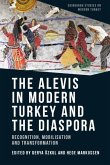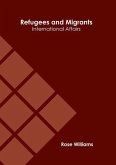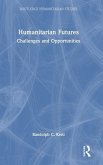"For the Translation/Transnation comparative literature series, a monograph that explores the refugee and diasporic literatures that resulted from the 1923 population exchange between Greece and Turkey"--
Hinweis: Dieser Artikel kann nur an eine deutsche Lieferadresse ausgeliefert werden.
Hinweis: Dieser Artikel kann nur an eine deutsche Lieferadresse ausgeliefert werden.








